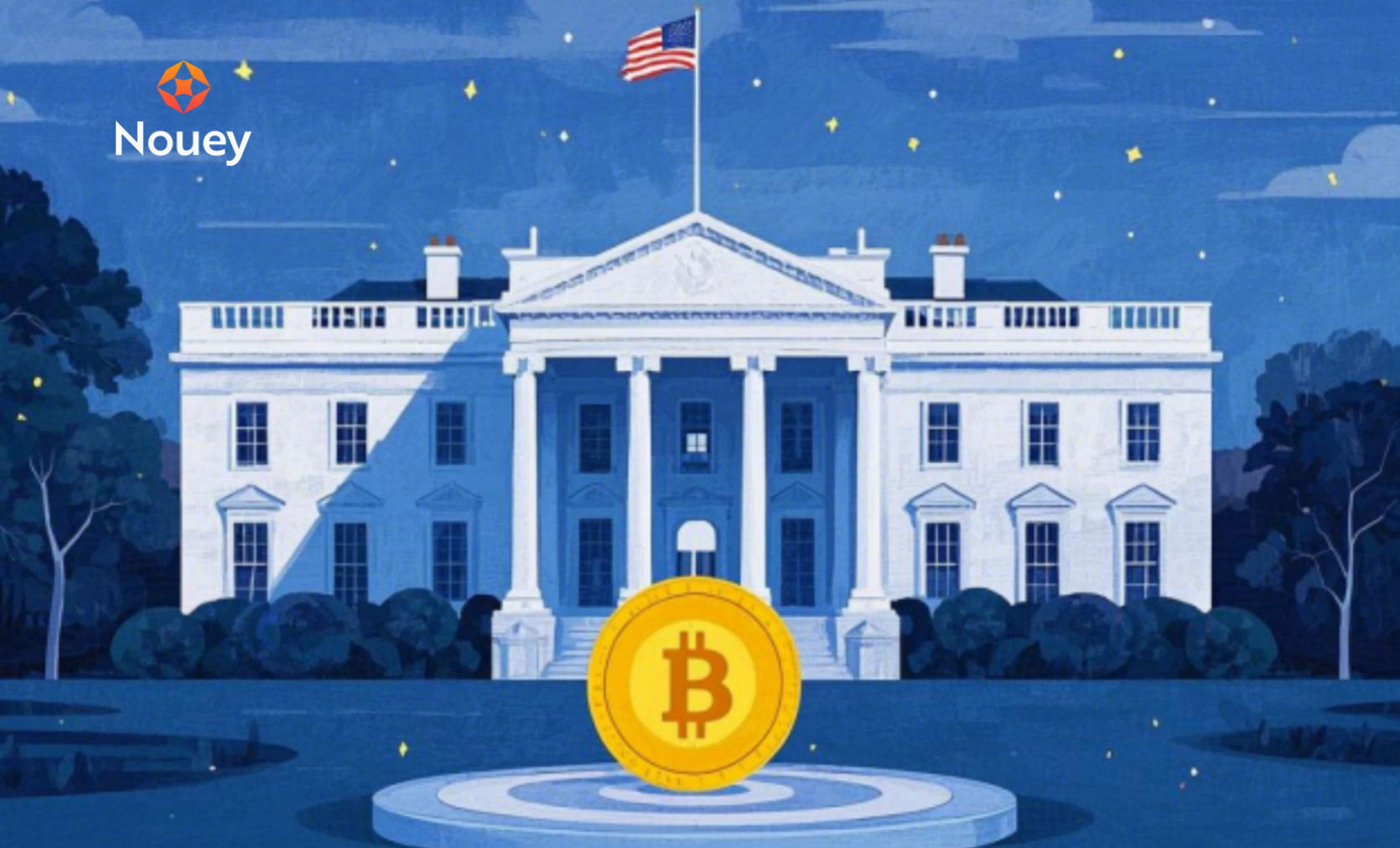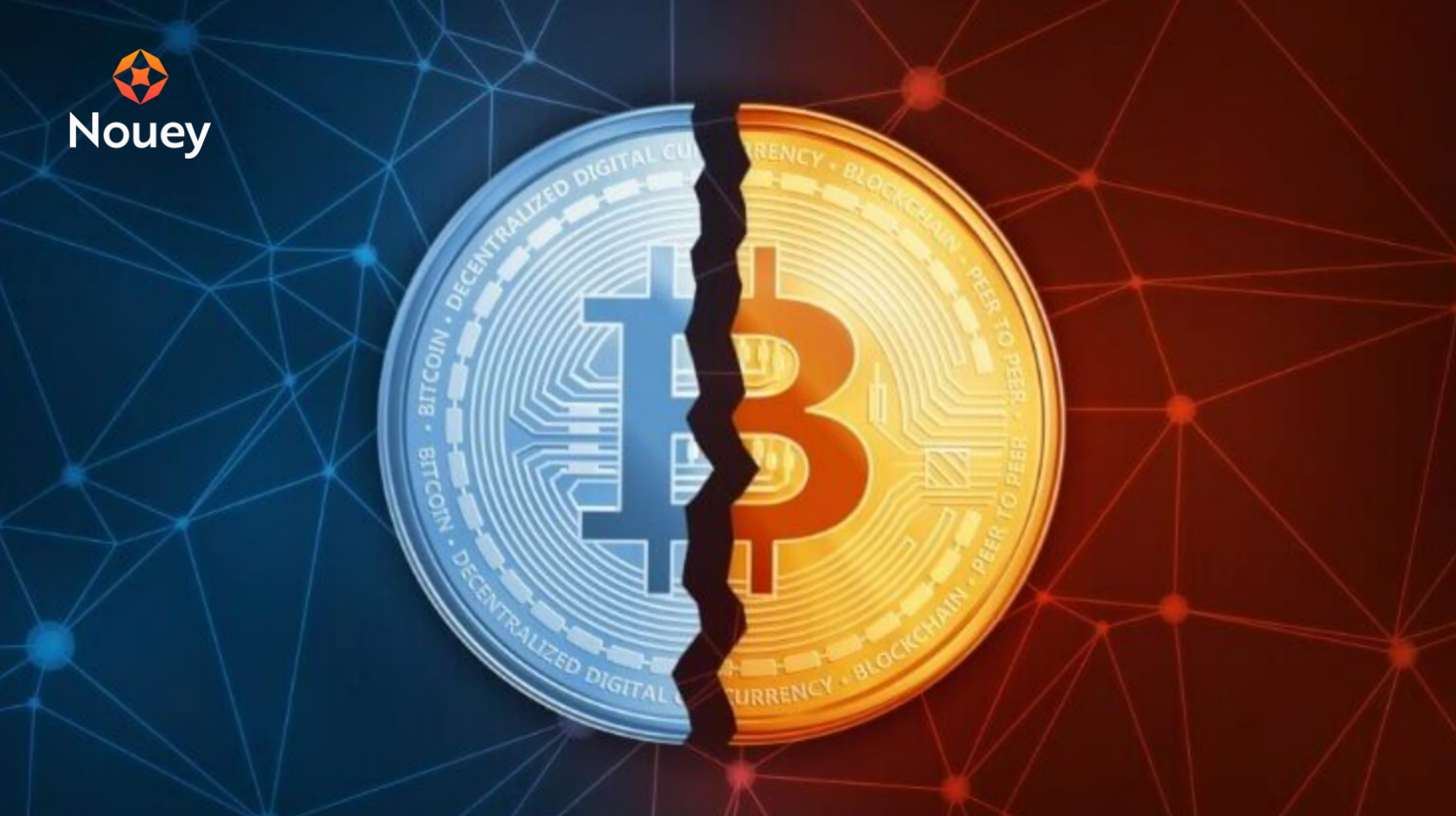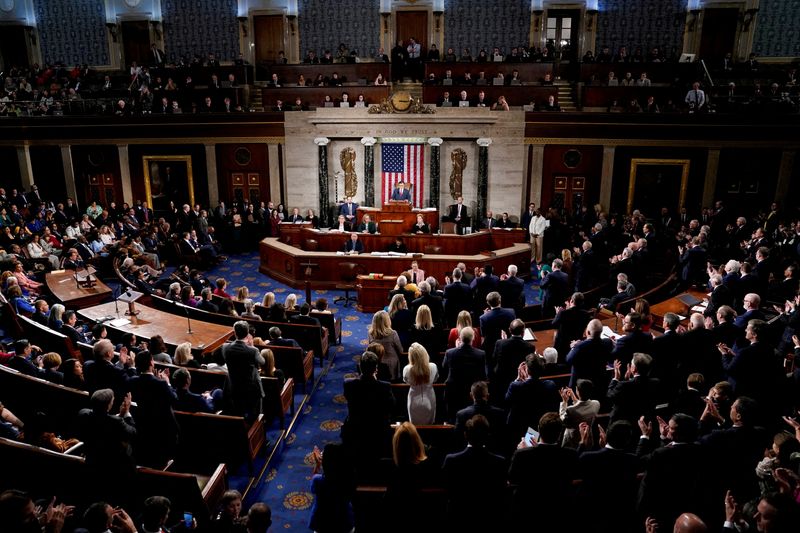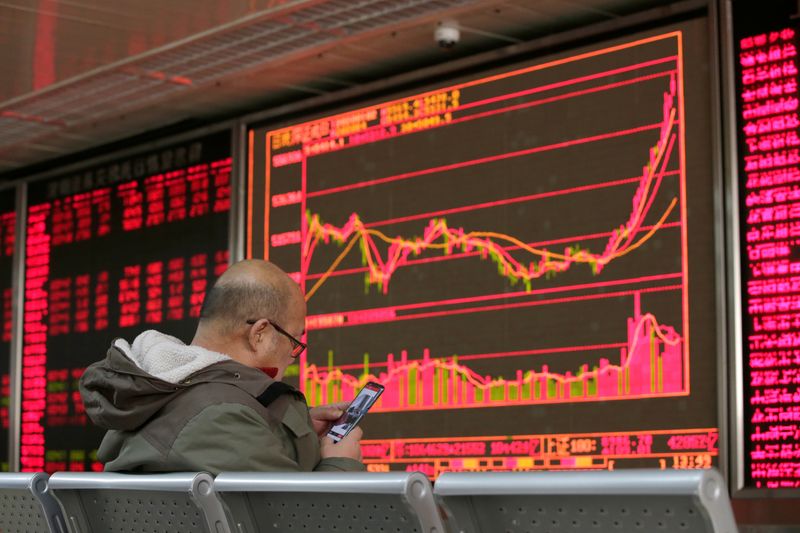Investing – Polkadot, a decentralized network connecting various blockchains, is currently at the center of a heated debate over its token, DOT’s inflation rate.
The discussion was sparked by three proposed “Wish For Change” (WFC) scenarios introduced by Jonas Gehrlein, a research scientist at the Web3 Foundation. Gehrlein’s proposals seek to adjust the network’s inflation rate to ensure a balance between staking rewards, economic security, and ecosystem development.
The three WFC proposals are as follows: Proposal 1 suggests a fixed 10% total inflation rate, Proposal 2 proposes an 8% fixed rate, while Proposal 3 recommends an 8% rate for the first year, followed by a gradual decrease. These proposals are currently open for voting within the community.
Zou Yang, founder of Polkadot Ecological Research Institute, responded with a fourth proposal suggesting a 5% fixed inflation rate.
According to Yang, reducing the inflation rate to 5% would provide a better balance between staking rewards and growth within the Polkadot ecosystem. He argued that the current inflation rates in Gehrlein’s proposals, which all exceed 8%, could negatively impact the development of ecosystem projects by diverting too much focus towards staking rewards.
Gehrlein defended the higher inflation rate proposals, citing the need to maintain a balance between validators’ profitability and Polkadot’s economic security. He warned that reducing rewards below a certain threshold could necessitate a higher minimum commission rate, ultimately destabilizing the network’s security in challenging market conditions.
Gehrlein also highlighted the complexity of the economic dynamics at play, noting that any big reduction in the inflation rate should be approached cautiously and monitored closely. He stated that his proposed third WFC, which involves an initial 8% inflation rate with a gradual reduction, provides a balanced approach while allowing room for adjustment based on ecosystem observations.
Yang, however, claims that Gehrlein’s proposals focus excessively on the security and profitability of validators at the expense of broader ecosystem development. He pointed out that an inflation rate of 8% or higher could deter developers and reduce market activity, ultimately harming Polkadot’s long-term growth.
Yang’s call for a 5% fixed inflation rate reflects the concerns of several community members, including those who have left the Polkadot ecosystem, such as former investors, developers, and project teams.
The current discussion is a non-binding referendum, meaning the results will serve as guidance for a future on-chain vote to adjust the inflation parameters.










